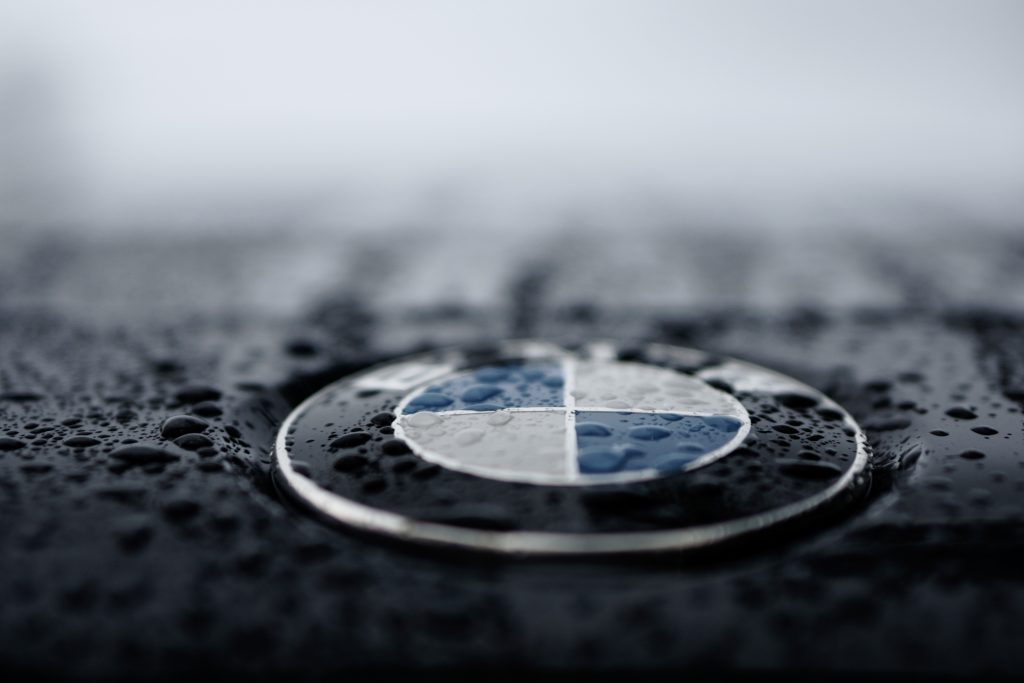BMW plans to construct a battery assembly facility at its Debrecen EV manufacturing facility
BMW has stated that it will invest more than €2 billion at the Debrecen auto plant, including a facility for assembling batteries. More than 500 additional jobs will be created by the end of 2025 when the location in Hungary starts operating. To make logistics easier by minimizing distances, the assembly of high-voltage batteries will occur on the grounds of the vehicle facility.
The future Debrecen facility will construct the new round cells designed for Neue Klasse cars instead of producing the prismatic cells used in existing electric vehicles. These, as previously reported, will extend the vehicle’s range by 30% while accelerating charging by 30%. NE-based vehicles will support 800V technology, allowing owners to charge their batteries from 10% to 80% in around 30% less time than current EVs.
Compared to the fifth-generation prismatic cells currently in use, the energy density of round cells will rise by more than 20%. According to BMW, expenses associated with battery manufacture might decrease by as much as 50%, while CO2 emissions from the manufacturing process could decrease up to 60%. These new battery cells will have two alternative heights, one for automobiles and the other for SUVs, with a standard diameter of 46 millimeters.
BMW previously stated that the Neue Klasse platform would launch with a midsize sedan and SUV, which most likely refers to a global i3 (the current model is only available in China) and a new iX3. Munich will start producing NE vehicles in 2026, one year after Debrecen. By 2030, the company’s Spartanburg facility in South Carolina will be producing at least six electric SUVs, complete with their battery packs, thanks to a separate $1.7 billion investment.
BMW will unveil a brand-new Vision-badged concept car at CES in Las Vegas in January 2023, giving us our first glimpse of the incredibly promising Neue Klasse architecture.
Source 👇👇👇
Image: unsplash.com

